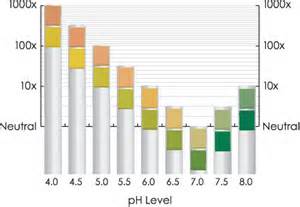Kidneys Failure

|
I can only make them think” Socrates |
Each year in the United States, more than 100,000 people are diagnosed with kidney failure, a serious condition in which the kidneys fail to rid the body of wastes. Kidney failure is the final stage of chronic kidney disease. If chronic kidney disease gets worse and kidney function falls below a certain point, it is called kidney failure. Kidney failure affects your whole body. It can cause serious heart, eyes, bone, and brain problems and make you feel very ill. Untreated kidney failure can be life-threatening. In the beginning, kidney failure may be asymptomatic (not producing any symptoms). As kidney function decreases, the symptoms are related to the inability to regulate water and electrolyte balances, to clear waste products from the body, and to promote red blood cell production. Lethargy, weakness, shortness of breath, and generalized swelling may occur. Unrecognized or untreated, life-threatening circumstances can develop.
you we’ll learn about:
- What is metabolic acidosis
- How rising potassium levels affect your body
- How rising urea levels in the blood affect your body
- What symptoms are in case of kidney failure
- What choices you have if you have kidney failure












